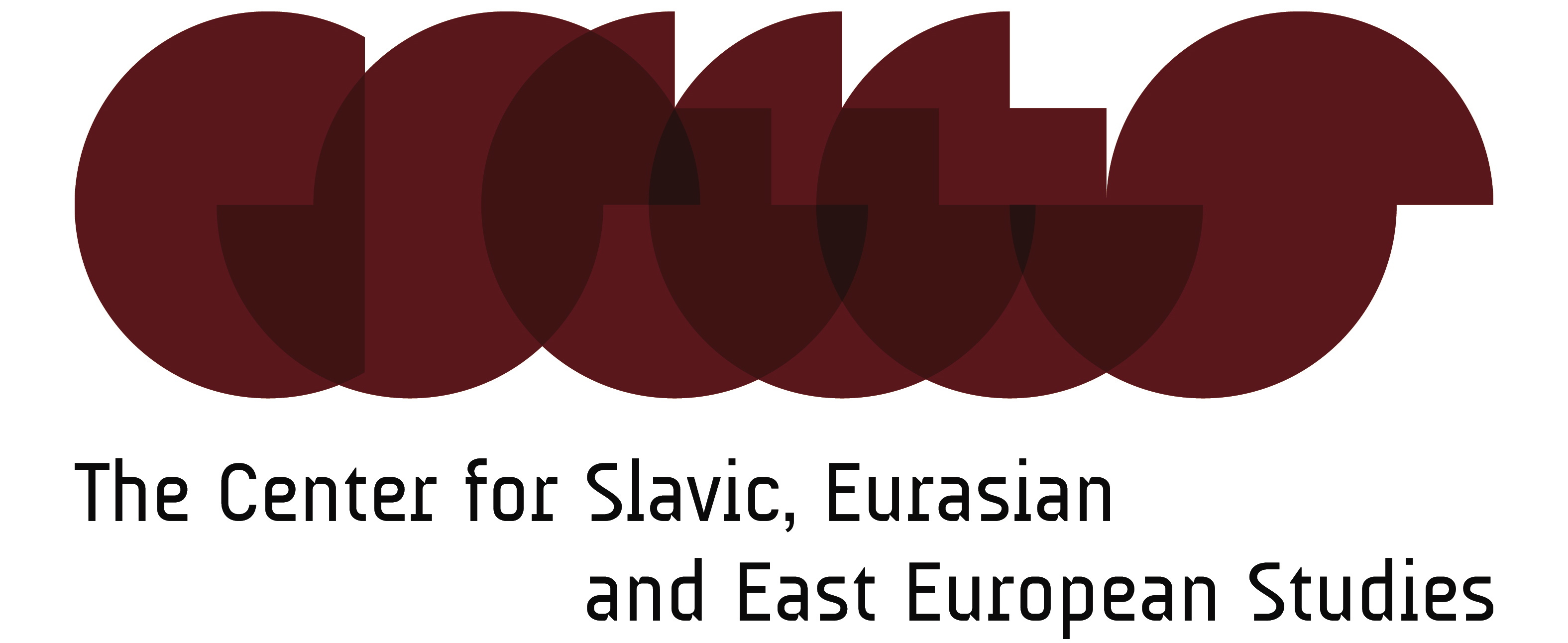The Center for Slavic, Eurasian and East European Studies (CSEEES) is launching the UNC-Visegrad Studies program in Fall 2016, made possible by a three-year University Studies Grant from the International Visegrad Fund in Bratislava, Slovakia. With the new program, CSEEES aims to increase awareness and knowledge of the Visegrad region at Carolina, comprised of the Czech Republic, Hungary, Poland and Slovakia.
Beginning in Fall 2016, CSEEES will host eighteen scholars from the four countries who will give public talks, guest lectures, and participate in workshops, symposia, and cultural events on campus. These events will complement the annual Czech Studies Workshop and the center’s newly launched endowed annual lecture on Democratization Processes in Poland and Central Europe. More information about these events can be found on the CSEEES website.
The UNC-Visegrad Studies program is designed to bolster and complement the Department of Germanic and Slavic Languages and Literatures (GSLL) interdisciplinary major in Central European studies, the first of its kind in the U.S.
The major is geared toward undergraduates interested in the history of Central Europe and Czech, German, Hungarian and Polish languages and cultures. Students are able to design their own program of study by choosing from a broad range of courses in anthropology, comparative literature, economics, history, political science, global studies and cultural studies whose content includes the Visegrad countries. The degree prepares students for careers in the public sector, diplomacy, business, international education and academia.
CSEEES has also supported the development of UNC library collections on the Visegrad countries. Today, the library has the sixth largest Czech collection in the U.S. The University Studies Grant will also be used to develop the Slovak collections with academic publications, literary works, manuscripts and films.
Center director and professor of history Donald J. Raleigh noted that the University Studies Grant elevates study of this region of the world, with the potential to turn Carolina into a powerhouse in the field. “The grant comes at a critical time in the evolution of the new major in Central European studies,” Raleigh said. “Carolina undergraduates will have a unique and unprecedented opportunity to engage with scholars from the Visegrad-4 who are carrying out cutting-edge research.”
Assistant professor of Polish and director of undergraduate studies in GSLL Ewa Wampuszyc sees the cooperation between the department and CSEEES as a model for units across campus. “This program expands UNC’s curriculum to include myriad topics that reach beyond the classroom and the specializations of our faculty. It broadens the conversation about Europe by making Central European Studies at UNC an exciting window onto contemporary and historical developments,” she said.
Source: UNC Global

